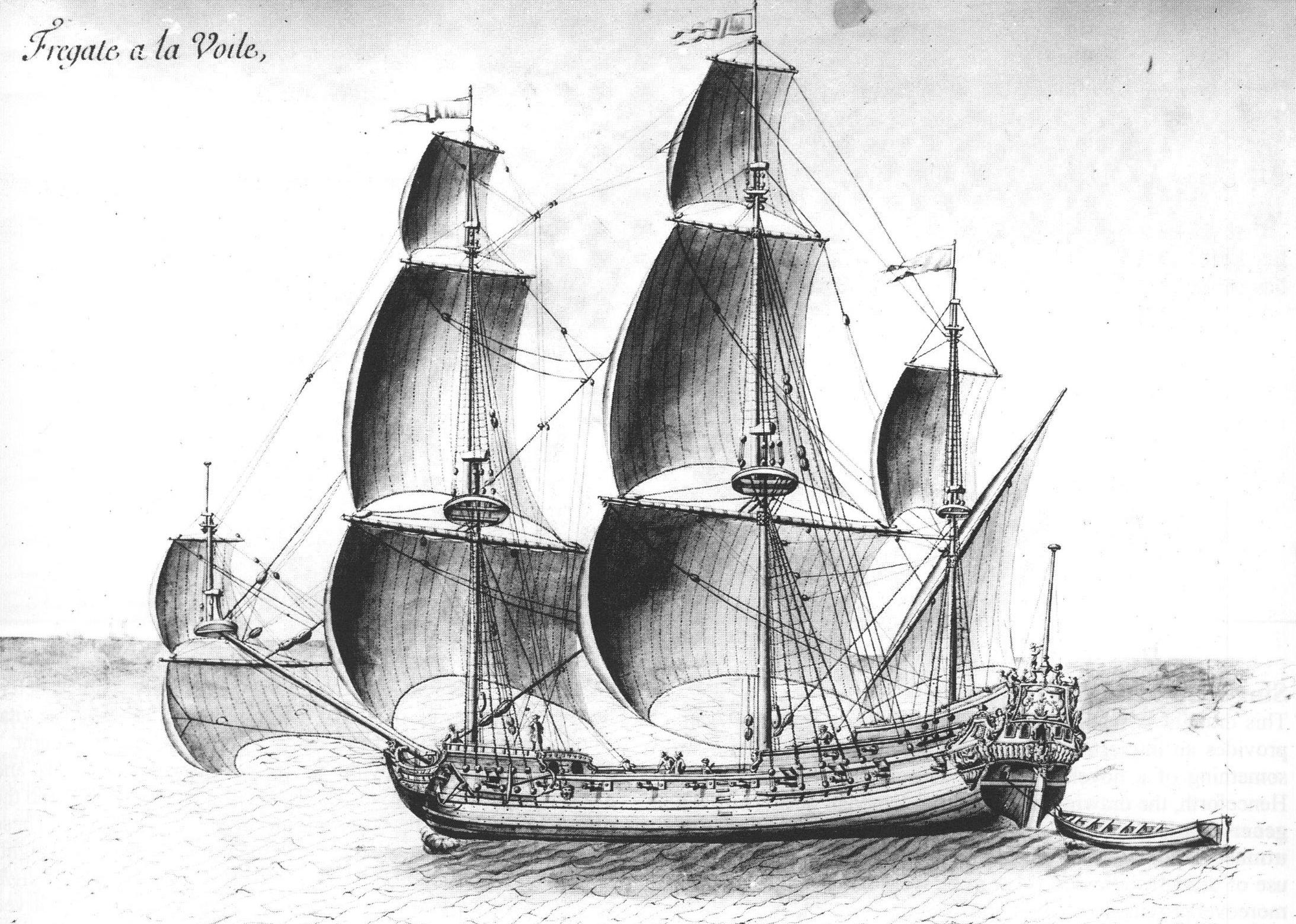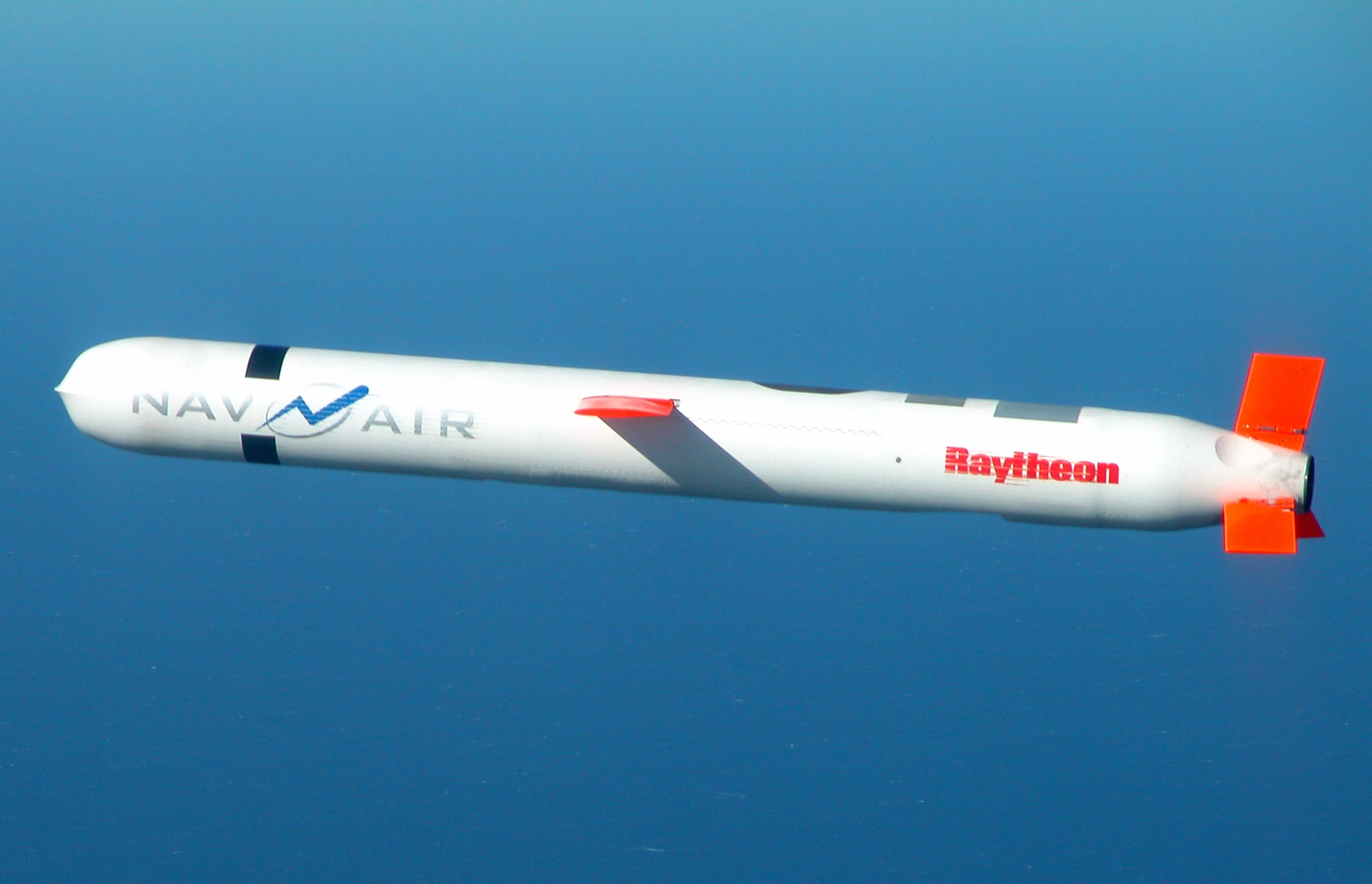|
Torpedo Boat Destroyer
In naval terminology, a destroyer is a fast, manoeuvrable, long-endurance warship intended to escort larger vessels in a fleet, convoy or battle group and defend them against powerful short range attackers. They were originally developed in 1885 by Fernando Villaamil for the Spanish NavySmith, Charles Edgar: ''A short history of naval and marine engineering.'' Babcock & Wilcox, ltd. at the University Press, 1937, page 263 as a defense against torpedo boats, and by the time of the Russo-Japanese War in 1904, these "torpedo boat destroyers" (TBDs) were "large, swift, and powerfully armed torpedo boats designed to destroy other torpedo boats". Although the term "destroyer" had been used interchangeably with "TBD" and "torpedo boat destroyer" by navies since 1892, the term "torpedo boat destroyer" had been generally shortened to simply "destroyer" by nearly all navies by the First World War. Before World War II, destroyers were light vessels with little endurance for unattended ... [...More Info...] [...Related Items...] OR: [Wikipedia] [Google] [Baidu] |
Frigate
A frigate () is a type of warship. In different eras, the roles and capabilities of ships classified as frigates have varied somewhat. The name frigate in the 17th to early 18th centuries was given to any full-rigged ship built for speed and maneuverability, intended to be used in scouting, escort and patrol roles. The term was applied loosely to ships varying greatly in design. In the second quarter of the 18th century, the 'true frigate' was developed in France. This type of vessel was characterised by possessing only one armed deck, with an unarmed deck below it used for berthing the crew. Late in the 19th century (British and French prototypes were constructed in 1858), armoured frigates were developed as powerful ironclad warships, the term frigate was used because of their single gun deck. Later developments in ironclad ships rendered the frigate designation obsolete and the term fell out of favour. During the Second World War the name 'frigate' was reintroduced to ... [...More Info...] [...Related Items...] OR: [Wikipedia] [Google] [Baidu] |
German Navy
The German Navy (, ) is the navy of Germany and part of the unified ''Bundeswehr'' (Federal Defense), the German Armed Forces. The German Navy was originally known as the ''Bundesmarine'' (Federal Navy) from 1956 to 1995, when ''Deutsche Marine'' (German Navy) became the official name with respect to the 1990 incorporation of the East German '' Volksmarine'' (People's Navy). It is deeply integrated into the NATO alliance. Its primary mission is protection of Germany's territorial waters and maritime infrastructure as well as sea lines of communication. Apart from this, the German Navy participates in peacekeeping operations, and renders humanitarian assistance and disaster relief. It also participates in anti-piracy operations. History The German Navy traces its roots back to the '' Reichsflotte'' (Imperial Fleet) of the revolutionary era of 1848–52. The ''Reichsflotte'' was the first German navy to sail under the black-red-gold flag. Founded on 14 June 1848 by the order ... [...More Info...] [...Related Items...] OR: [Wikipedia] [Google] [Baidu] |
Dutch Navy
The Royal Netherlands Navy ( nl, Koninklijke Marine, links=no) is the naval force of the Kingdom of the Netherlands. During the 17th century, the navy of the Dutch Republic (1581–1795) was one of the most powerful naval forces in the world and played an active role in the Anglo-Dutch Wars, the Franco-Dutch War, and wars against Spain and several other European powers. The Batavian Navy of the later Batavian Republic (1795–1806) and Kingdom of Holland (1806–1810) played an active role in the Napoleonic Wars, though mostly dominated by French interests. After the establishment of the modern Kingdom of the Netherlands, it served an important role in protecting Dutch colonial rule, especially in Southeast Asia, and would play a minor role in World War II, especially against the Imperial Japanese Navy. Since World War II, the Royal Netherlands Navy has taken part in expeditionary peacekeeping operations. Bases The main naval base is in Den Helder, North Holland. Secondary na ... [...More Info...] [...Related Items...] OR: [Wikipedia] [Google] [Baidu] |
French Navy
The French Navy (french: Marine nationale, lit=National Navy), informally , is the maritime arm of the French Armed Forces and one of the five military service branches of France. It is among the largest and most powerful naval forces in the world, ranking seventh in combined fleet tonnage and fifth in number of naval vessels. The French Navy is one of eight naval forces currently operating fixed-wing aircraft carriers,Along with the U.S., U.K., China, Russia, Italy, India and Spain with its flagship being the only nuclear-powered aircraft carrier outside the United States Navy, and one of two non-American vessels to use catapults to launch aircraft. Founded in the 17th century, the French Navy is one of the oldest navies still in continual service, with precursors dating back to the Middle Ages. It has taken part in key events in French history, including the Napoleonic Wars and both world wars, and played a critical role in establishing and securing the French coloni ... [...More Info...] [...Related Items...] OR: [Wikipedia] [Google] [Baidu] |
Royal Canadian Navy
The Royal Canadian Navy (RCN; french: Marine royale canadienne, ''MRC'') is the naval force of Canada. The RCN is one of three environmental commands within the Canadian Armed Forces. As of 2021, the RCN operates 12 frigates, four attack submarines, 12 coastal defence vessels, eight patrol class training vessels, two offshore patrol vessels, and several auxiliary vessels. The RCN consists of 8,570 Regular Force and 4,111 Primary Reserve sailors, supported by 3,800 civilians. Vice-Admiral Angus Topshee is the current commander of the Royal Canadian Navy and chief of the Naval Staff. Founded in 1910 as the Naval Service of Canada (French: ''Service naval du Canada'') and given royal sanction on 29 August 1911, the RCN was amalgamated with the Royal Canadian Air Force and the Canadian Army to form the unified Canadian Armed Forces in 1968, after which it was known as Maritime Command (French: ''Commandement maritime'') until 2011. In 2011, its historical title of "Royal Cana ... [...More Info...] [...Related Items...] OR: [Wikipedia] [Google] [Baidu] |
NATO
The North Atlantic Treaty Organization (NATO, ; french: Organisation du traité de l'Atlantique nord, ), also called the North Atlantic Alliance, is an intergovernmental military alliance between 30 member states – 28 European and two North American. Established in the aftermath of World War II, the organization implemented the North Atlantic Treaty, signed in Washington, D.C., on 4 April 1949. NATO is a collective security system: its independent member states agree to defend each other against attacks by third parties. During the Cold War, NATO operated as a check on the perceived threat posed by the Soviet Union. The alliance remained in place after the dissolution of the Soviet Union and has been involved in military operations in the Balkans, the Middle East, South Asia, and Africa. The organization's motto is '' animus in consulendo liber'' (Latin for "a mind unfettered in deliberation"). NATO's main headquarters are located in Brussels, Belgium, while ... [...More Info...] [...Related Items...] OR: [Wikipedia] [Google] [Baidu] |
Type 055 Destroyer
The Type 055 destroyer (NATO/ OSD Renhai-class cruiser) is a class of stealth guided-missile destroyers ( guided-missile cruisers per NATO/OSD standard) being constructed for the Chinese People's Liberation Army Navy. It is a multi-mission design; the combination of sensors and weapons suggests a main role of area air defence, with anti-submarine warfare capabilities surpassing previous Chinese surface combatants. The Type 055 is expected to undertake expeditionary missions and form the primary escort for Chinese aircraft carriers. The United States classifies these ships as cruisers. The United States Navy defines a cruiser as a large multi-mission surface combatant with flag facilities; this suggests the U.S. expects the Type 055 to fulfill a similar role as the . Development The People's Liberation Army Navy was interested in a large destroyer from as early as the late-1960s. A development program, code-named "055", initiated in 1976 was cancelled in 1983 after encounterin ... [...More Info...] [...Related Items...] OR: [Wikipedia] [Google] [Baidu] |
Cruise Missile
A cruise missile is a guided missile used against terrestrial or naval targets that remains in the atmosphere and flies the major portion of its flight path at approximately constant speed. Cruise missiles are designed to deliver a large warhead over long distances with high precision. Modern cruise missiles are capable of travelling at high subsonic, supersonic, or hypersonic speeds, are self-navigating, and are able to fly on a non- ballistic, extremely low-altitude trajectory. History The idea of an "aerial torpedo" was shown in the British 1909 film ''The Airship Destroyer'' in which flying torpedoes controlled wirelessly are used to bring down airships bombing London. In 1916, the American aviator Lawrence Sperry built and patented an "aerial torpedo", the Hewitt-Sperry Automatic Airplane, a small biplane carrying a TNT charge, a Sperry autopilot and a barometric altitude control. Inspired by the experiments, the United States Army developed a similar flying bo ... [...More Info...] [...Related Items...] OR: [Wikipedia] [Google] [Baidu] |
Nuclear Missile
Nuclear weapons delivery is the technology and systems used to place a nuclear weapon at the position of detonation, on or near its target. Several methods have been developed to carry out this task. ''Strategic'' nuclear weapons are used primarily as part of a doctrine of deterrence by threatening large targets, such as cities. Weapons meant for use in limited military maneuvers, such as destroying specific military, communications, or infrastructure targets, are known as ''tactical'' nuclear weapons. In terms of explosive yields, nowadays the former have much larger yield than the latter, even though it is not a rule. The bombs that destroyed Hiroshima and Nagasaki in 1945 (with TNT equivalents between 15 and 22 kilotons) were weaker than many of today's tactical weapons, yet they achieved the desired effect when used strategically. Nuclear triad A nuclear triad refers to a strategic nuclear arsenal which consists of three components, traditionally strategic bombers, i ... [...More Info...] [...Related Items...] OR: [Wikipedia] [Google] [Baidu] |
Tonnage
Tonnage is a measure of the cargo-carrying capacity of a ship, and is commonly used to assess fees on commercial shipping. The term derives from the taxation paid on ''tuns'' or casks of wine. In modern maritime usage, "tonnage" specifically refers to a calculation of the volume or cargo volume of a ship. Although tonnage (volume) should not be confused with displacement (the actual weight of the vessel), the long ton (or imperial ton) of 2,240 lb is derived from the fact that a "tun" of wine typically weighed that much. Tonnage measurements Tonnage measurements are governed by an IMO Convention (International Convention on Tonnage Measurement of Ships, 1969 (London-Rules)), which initially applied to all ships built after July 1982, and to older ships from July 1994. [...More Info...] [...Related Items...] OR: [Wikipedia] [Google] [Baidu] |



